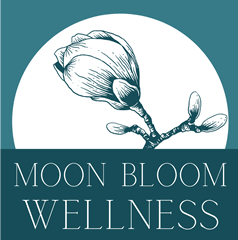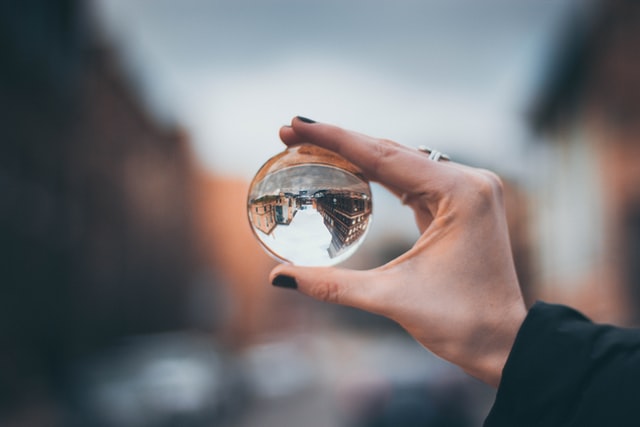Have you ever wondered why there’s mostly bad news being reported, or why it can be so easy to focus on the negatives in life? Humans, in general, tend to put more emphasis on negative information rather than neutral or positive information, which is known as a negativity bias. A specific example of this would be earning an overall excellent review at work, but finding yourself unable to think of anything but the one piece of constructive criticism you received.
Our negativity bias may have been helpful evolutionarily by preparing us for threats in our surroundings during a time when there were many more imminent threats to getting our basic needs met (predators, lack of food or shelter, etc.). In present day, our negativity bias tends to bombard us with negatively skewed details that we may not be able to do anything about (for instance, you can’t go back in time and take back that awkward phone conversation you had last week). That’s not to say that being aware of things that are harmful or negative isn’t important, but our bias toward the negative when it’s not functional can create the sense that things in life are disproportionately bad when that’s not necessarily the case.
–
Build your self-care skills through online counseling in New Jersey
Do you want to improve your self-care skills? Contact me to learn more about working together through online counseling in New Jersey.
I now also offer online counseling in Pennsylvania, contact me to learn more.
–
There has been research done on our bias toward negativity which supports that this is a real phenomenon. For instance, a study in the journal of Evolution and Human Behavior looked at 92 four person chains given a story containing positive and negative events, and found a clear preference for transmission of negative information over positive information.1 Negativity bias may explain why news is predominately negative as well, as evidence suggests that, on average, humans are more psychologically activated by negative news than positive news.2
It doesn’t seem like negativity bias is just learned or cultural. Researchers have found that “even 3‐month‐old infants evaluate others based on their social behavior towards third parties, and that negative social information is developmentally privileged.”3
You aren’t trapped in your negativity bias
Fortunately, you aren’t condemned to a life of fixating on the negatives. One experiment found that individuals who received mindfulness training demonstrated less negativity bias and higher levels of optimism.4 Furthermore, our negativity bias may naturally diminish as we age. Termed the ‘positivity effect,’ research has found that individuals later in life have a preference for positive information.5
–
Sarah Tronco, LCSW, provides online counseling in New Jersey and works to develop a strong therapeutic relationship with her clients, which helps to create a secure place where individuals can achieve meaningful change.
Sarah Tronco, LCSW, now also provides online counseling in Pennsylvania, contact her to learn more.
References:
1. https://www.sciencedirect.com/science/article/abs/pii/S1090513816301660
2. https://www.pnas.org/content/116/38/18888
3. https://onlinelibrary.wiley.com/doi/abs/10.1111/j.1467-7687.2010.00951.x
4. https://journals.sagepub.com/doi/abs/10.1177/1948550610396585
5. https://www.sciencedirect.com/science/article/pii/S2352154617300712
Photo by Anika Huizinga on Unsplash

